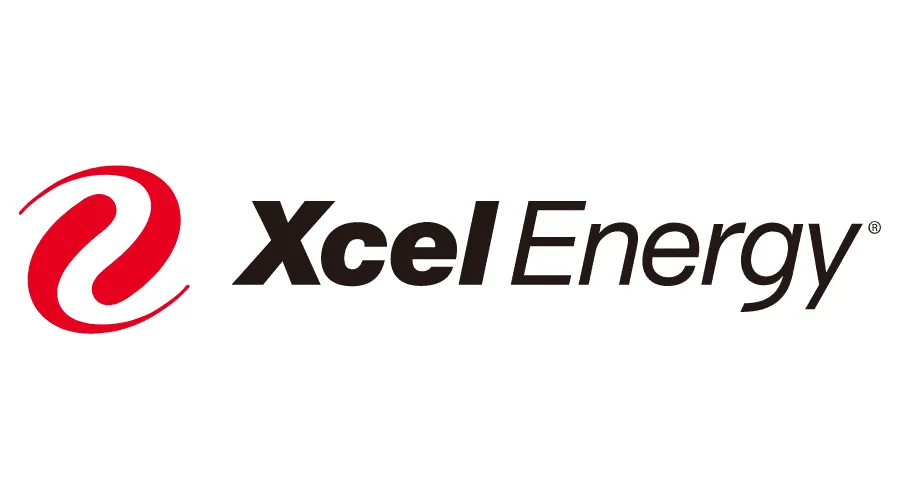Feds declare jurisdiction over Tri-State exit fee battle, leaves door open for state rulings
WASHINGTON and WESTMINSTER — The Federal Energy Regulatory Commission has said it has regulatory authority over power wholesaler Tri-State Generation and Transmission Association Inc., but declined to take full control of the ongoing battle between it and two want-away power cooperatives.
In a ruling issued Friday, the federal agency said it has oversight over how much Tri-State can charge in exit fees to its 43 co-ops across Colorado, Wyoming, Nebraska and New Mexico.
Tri-State previously petitioned for FERC to declare jurisdiction over the power provider last fall, which in theory would have preempted any rulings from the Colorado Public Utilities Commission.
However, the agency also said its oversight is exclusive but does not preempt the current petitions to Colorado regulators from Durango-based La Plata Electric Association Inc. (LPEA) and Brighton’s United Power Inc. to get exit quotes from Tri-State.
“A ruling by the Colorado PUC on those complaints would not be preempted unless and until such ruling conflicts with a commission-approved tariff or agreement that establishes how Tri-State’s exit charges will be calculated,” the order reads.
Tri-State has been in a bitter legal fight since November against those two local co-ops, which have accused Tri-State of holding them hostage since they both asked to leave the Westminster-based power wholesaler in the summer of 2018.
Every co-op belonging to Tri-State must purchase 95 percent of its power mix from the wholesaler. The two co-ops made up just over 20 percent of Tri-State’s revenue in 2019.
Tri-State has repeatedly argued that the litigation by United and LPEA is trying to strengthen its bargaining position as Tri-State’s members develop a new procedure for leaving the power supplier.
The Westminster-based wholesaler also has argued it is federally regulated instead of regulated at the state level after it admitted MEICO Inc., which is not a utility provider, last September.
In a statement, Tri-State said the federal jurisdiction will allow it to set rates uniformly across the four states in which it operates. It did not mention the ongoing battle with LPEA and United.
“This is a significant moment for our members, whose goals for cleaner energy and increased contract flexibility are greatly advanced by having FERC as Tri-State’s wholesale rate regulator,” said Tri-State chairman Rick Gordon. “FERC regulation of our wholesale rates ensures greater certainty in our contracts and rate setting, as we increase members’ self-supply and local renewable energy opportunities.”
In its own statement, United said federal regulators could abandon their jurisdiction if Colorado regulators say the admission of MEICO runs contrary to state law.
“We are weighing the cost and mix of power we receive from Tri-State with other options in the energy marketplace,” United Chief Energy Resource Officer Dean Hubbuck said. “We need the PUC to provide an accurate and fair exit charge so we can make good decisions for our cooperative’s future on behalf of our membership.”
© 2020 BizWest Media LLC
WASHINGTON and WESTMINSTER — The Federal Energy Regulatory Commission has said it has regulatory authority over power wholesaler Tri-State Generation and Transmission Association Inc., but declined to take full control of the ongoing battle between it and two want-away power cooperatives.
In a ruling issued Friday, the federal agency said it has oversight over how much Tri-State can charge in exit fees to its 43 co-ops across Colorado, Wyoming, Nebraska and New Mexico.
Tri-State previously petitioned for FERC to declare jurisdiction over the power provider last fall, which in theory would have preempted any rulings from…
THIS ARTICLE IS FOR SUBSCRIBERS ONLY
Continue reading for less than $3 per week!
Get a month of award-winning local business news, trends and insights
Access award-winning content today!





